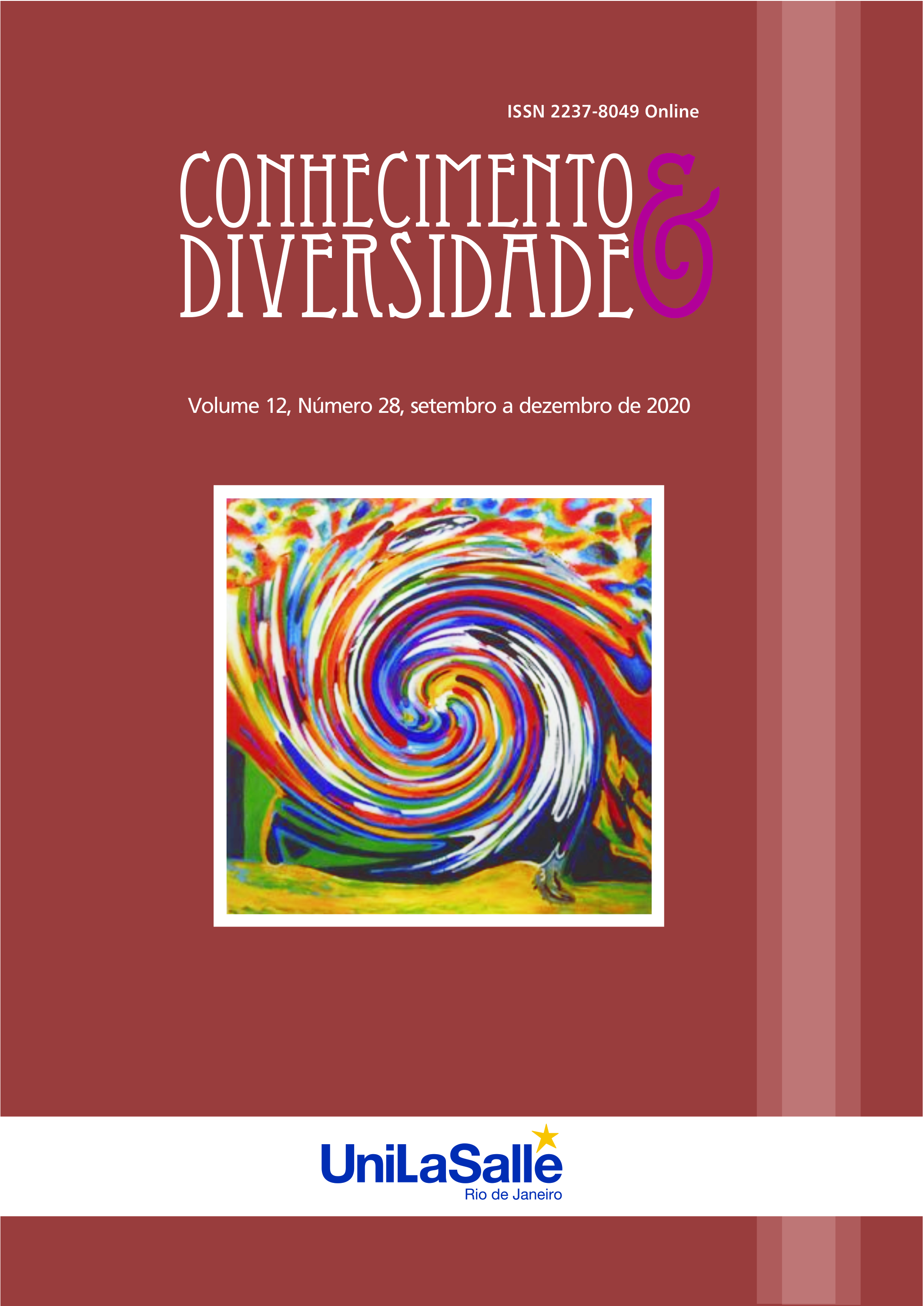Knowledge management: an exploratory study for knowledge transfer in a university
DOI:
https://doi.org/10.18316/rcd.v12i28.7691Palabras clave:
Knowledge management. Knowledge transfer. Higher education institution.Resumen
At present time educational and scientific organizations face dynamic and competitive environments that urge for innovation in their knowledge transfer processes. For that, they can count on a set of tools and techniques to better manage knowledge. Thus, the objective of this study is to suggest Knowledge Management tools and techniques that favor the transfer of knowledge in the development of organizational processes. The study carried out in the lato sensu postgraduate sector of a university located in the south of Brazil which started its activities 30 years ago, has a qualitative and exploratory character, as the methodological procedures employed were documentary research and an ethnography study. The primary data was collected through participant observation. The findings show that there are three major organizational processes in Educational institutions: "enrolling students", "accompanying students" and "operationalizing classes". Those processes involve 18 activities resulting in the fragmentation of knowledge. Thus, six Knowledge Management tools and techniques were suggested to support knowledge transfer in the organizational processes namely: benchmarking, practical community, collaboration tools, lessons learned, best practices, and storytelling.
Descargas
Publicado
Número
Sección
Licencia
Tal como recomienda el Public Knowledge Project, RCD adopta para sus artículos una licencia CREATIVE COMMONS: Attribution CC BY 4.0
Esta licencia permite que otros distribuyan, remezclen, adapten y desarrollen su obra, incluso con fines comerciales, siempre que le atribuyan a usted el mérito de la creación original.
Esta es la licencia más adecuada que se ofrece.
Recomendado para la máxima difusión y utilización de los materiales bajo licencia.



